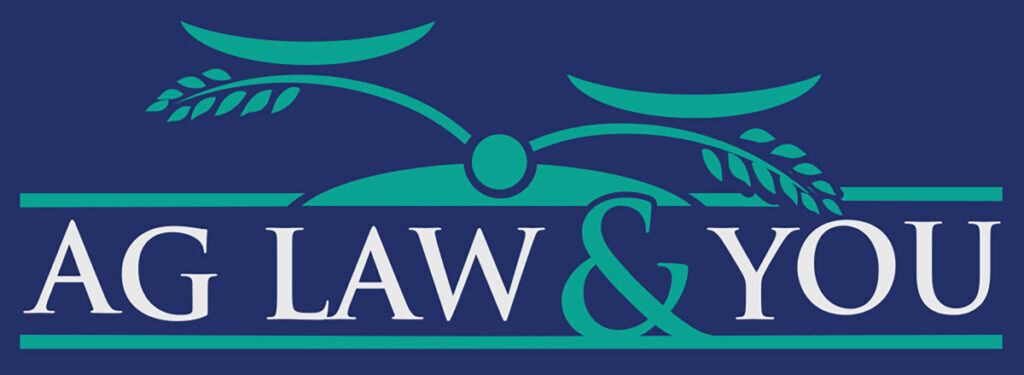Legal Dictionary: The Language of the Law

The law is not always easy to understand. Lawyers have made a living deciphering legalese for years. Though it is still always best to consult a lawyer with legal questions, this short guide provides helpful pointers when it comes to legal terminology.
The Law
These terms describe the law.
Statute | generally, a law or policy adopted by a legislative body, like the Alabama Legislature or U.S. Congress
Regulation or rule | a statement that has the force and effect of a law but is adopted by an agency rather than a legislative body
Code | a collection of statutes or regulations, usually organized by topic
Case law | law that does not come directly from written law but can be inferred by reading previous decisions of courts to interpret an outcome
The Trial
The trial is where the legal “action” begins. This is the first step in resolving a lawsuit.
Trial court | the location where a lawsuit begins, hearings take place and, potentially, juries hear arguments
Plaintiff | the person suing
Defendant | the person being sued
Plaintiff’s attorney | attorneys who may specialize in serving plaintiffs; build cases against individuals or businesses who may have harmed another
Defense attorney | attorneys who tend to specialize in defending individuals or businesses being sued
Complaint | the actual document filed with the court and served to the defendant laying out accusations, harm done and relief sought by the plaintiff
Response | a document that must be filed by the defendant detailing defenses to the accusations; can potentially include a counterclaim (where the defendant sues the plaintiff)
Default judgment | a ruling made against the party that fails to show up; this is why it’s important to always appear in court if suing or being sued
The Appeal
During an appeal, the results of a trial court can be challenged and potentially overturned. Most states have an appellate court to hear appeals from the trial court. The state supreme court hears appeals from those appellate courts as cases work through the system.
Appeal | when a party asks the court to reconsider the results of a trial court or a ruling from a lower court
Appellant | the person appealing (asking for a change) in the way a court has ruled
Appellee | the person asking the court to keep in force the way the court ruled
Holding | the result of an appeal, what the court says about an issue and the way it decides a case
The Latin
Like medicine and other professions, Latin is used in the legal system. The American legal system is based on the historic English legal tradition which, in turn, was based on the Roman system of law. Therefore, U.S. courts occasionally use the language of ancient Rome: Latin.
Certiorari | when a supreme court grants the requesting party a hearing of their case
Starre decisis | a principle which courts follow that notes they must respect the decisions previous courts have made on similar issues
Pro bono | legal assistance free to the recipient
Amicus curae | a friend of the court; this usually comes in the form of a brief, filed on behalf of a party a third party is supporting
Pro se | an individual representing themselves, rather than using an attorney
The language of the law is vast, and even lawyers sometimes consult a dictionary. A popular legal resource is Black’s Law Dictionary. A free version can be found online. It includes more information about legal words and concepts.
Compiled by John Allen Nichols, Alabama Farmers Federation Agriculture Counsel
The material presented above is for educational purposes only. The content does not constitute legal advice. If readers require specific advice or services, a lawyer or other professional should be consulted.
